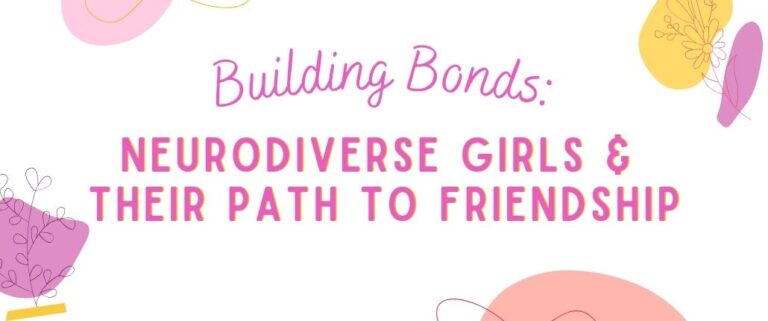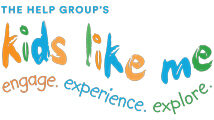
An interesting discovery in the area of autism reveals a significant underdiagnosis of autism among females. In fact, the prevalence remains at a ratio of four boys diagnosed for every one girl, and at our most recent Kids Like Me summer program, girls encompassed just 6% of the camper population.
Because girls are underdiagnosed with autism, their specific needs often go unmet. Socially, many young girls take part in “masking”— when individuals mimic social behaviors and interests to fit in, even if they don’t enjoy those activities. While masking can help young girls navigate social situations, it can also be emotionally draining and prevent authentic connections from forming because they may feel compelled to hide who they are.
Gender research has also shown that neurotypical girls tend to have more advanced nonverbal communication styles— body language, gestures, tone of voice, and facial expressions. However, autistic children (including girls) can be challenged in this area, making it even more stressful for neurodiverse girls in neurotypical environments to feel like they’re effectively communicating.
At the Help Group, it’s our goal to make every child feel as if they belong, and that’s the mission of Kids Like Me. To that end, we’ve created a new program called “Girl Talk!” Our dedicated post-doctoral interns will facilitate this program, which is specifically designed to nurture inclusive environments, cultivate empathy, champion neurodiversity, and celebrate the essence of girlhood.
What sets “Girl Talk” apart is its exclusive focus on catering to neurodiverse participants. By creating this safe and understanding space, we aim to empower these young girls to embrace their authentic selves without the weight of judgment based on their neurodiversity. “Girl Talk” embodies our commitment to nurturing a supportive community where neurodiverse girls can not only thrive but also shine. Forming friendships can be an imposing task for any child, but with the right support and understanding, our neurodiverse girls can discover their sense of belonging and community.
To learn more about Kids Like Me’s Girl Talk social events, click here.
Have any questions? Feel free to contact us at kidslikeme@thehelpgroup.org.
Dianne Lotivio, MA
Dianne Lotivio, MA, is the Director for Kids Like Me’s Enrichment Programs and is part of the Attendance and Retention team for the Help Group Schools. Interested in learning more about Kids Like Me’s programs? Email kidslikeme@thehelpgroup.org or visit www.kidslikemela.org.
